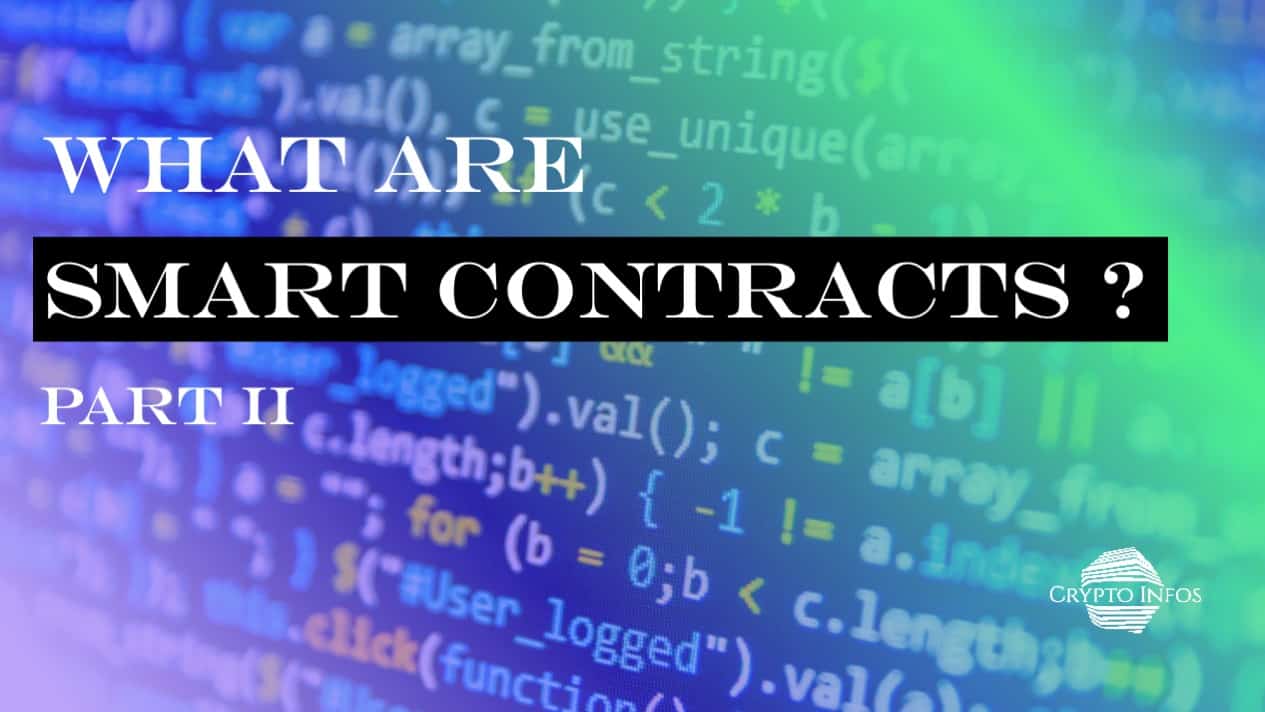Technology is often considered responsible for the steady disappearance of job roles that became obsolete, especially in the retail and manufacturing sectors. While many other industries are embracing the change, the legal sector remains an exception.
Lack of expertise, general scepticism of new technologies and a cultural background rooted in characterizing lawyers as overwhelmed with paperwork are all playing a role in leaving behind legal operators in this silent revolution.
The idea of a mainly theoretical job that only a wise and erudite human being can fulfill clashes with the essence of the immutable distributed ledger that is blockchain- a breakthrough that can very well offer law firms a higher level of precision.
Blockchain: Evolution and Not the end of the Legal System
Scepticism about blockchain tech is understandable due to the sensitivity of the data treated and the loud compromise of judicial authority.
The automation of many fundamental activities – generally by institutions, attorneys and even machines- sounds very disruptive due to the potential elimination of the middleman.
Lawyers spend an average of 50% of their time just on performing bureaucratic tasks key to safeguarding the judicial function, such as updating client trust ledgers, preparing documents and performing various standard procedures.
Although indispensable and standardised in nature, this type of transactional work weighs on the legal proceedings. It constitutes a huge financial cost– mainly against clients- which could be sorted with the help of smart contracts.
Blockchain is a distributed digital ledger of any type of data that ensures security against fraud and falsification through the use of cryptography.
Improved automation of the legal industry (especially in terms of research) would undoubtedly increase law firms’ efficiency, help clients save their money and potentially give access to legal support to a larger population.
The pressing question, however, is if Artificial Intelligence and smart contracts will slowly but surely threaten an entire sector through such a disruption?
Certainly, some professions, particularly paralegal and legal assistant roles, may become much less necessary due to automation. But a clear answer is not there yet.
The Blockchain’s rise to power will more likely modify, complement and even reduce some bits of the current role, offering new material for future legislative regulation.
For instance, future lawyers may be required to produce smart contract templates that comply with the law. Consequently, the technology would help with the enforcement of contractual promises instead of totally eliminating human involvement.
Intellectual Property and Chain of Custody: More Advantages than Uncertainties
The so-called Smart Contracts, neologised by American computer science and expert jurist Nick Szabo in 1994, are smart because they are way more practical than their paper-based predecessors.
Based on a digitalised transaction protocol, their architecture uses an unprecedented functionality that allows parties to set up their contractual conditions, minimise the need for trusted intermediaries and reduce transactional and enforcement costs.
Despite several obstacles currently hindering their full fledged spread, smart contracts, which use the Internet of Things (IoT) and Distributed Ledger Technology, don’t threaten more traditional contracts since they don’t replace natural language contracts.
They function as an extra layer program that connects to a natural language contract through sensors, meters and other business processes, thereby acting as support to the natural language contract.
More than smart, some authors think these contracts will become practical automated job tools to add to the future lawyers’ instruments.
The advantages of Blockchain architecture become increasingly evident in the matter of verifying ownership rights in different fields.
Regarding governing property ownership and transactions, the current method is too often ineffective due to the old paper system that is suitable for any kind of falsification.
Let’s think about a real estate owner who is supposed to track and verify the chain of custody of a client: The immutable and unfakeable transaction record offered by Blockchain offers a unique resource to ensure the right holder and expedite the process.
Similarly, it can be used to safely verify the authenticity of ownership of Intellectual Properties– an area where things became even more complicated in the Internet era where anyone can quickly appropriate other people’s creative content with complete impunity.
Distributed ledgers can secure inventions via registration to a continual digital patent office.
















